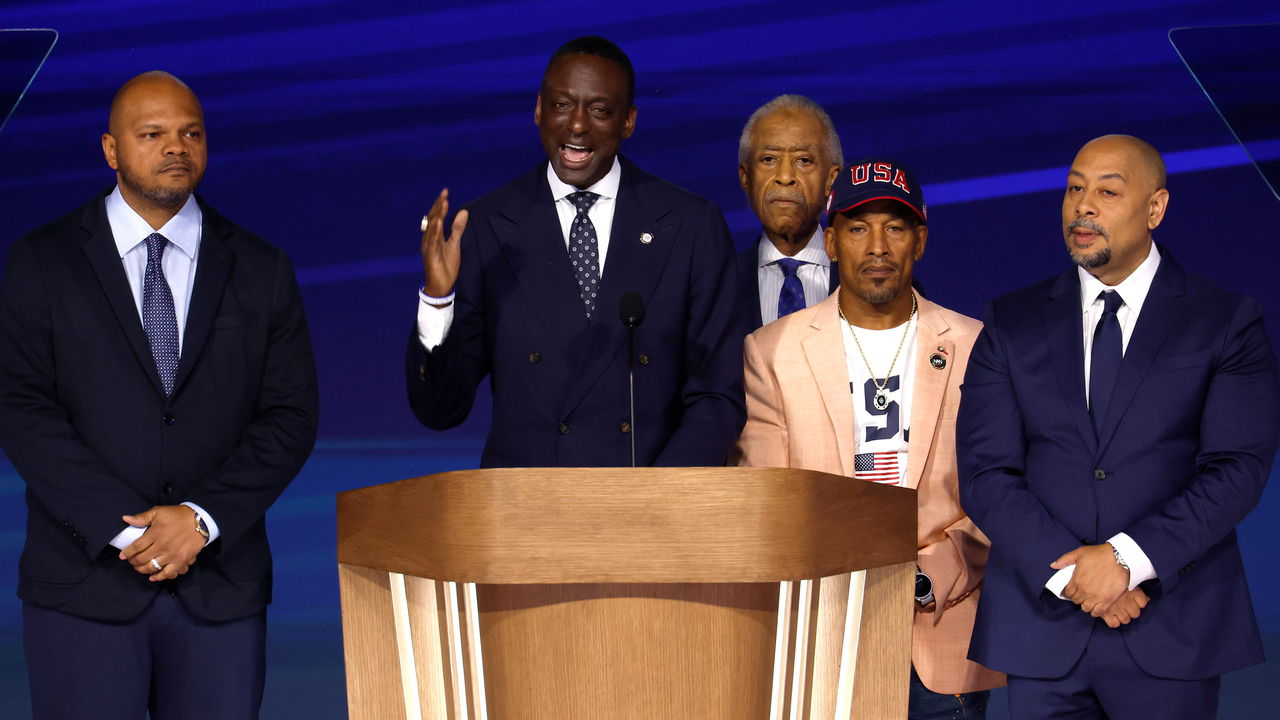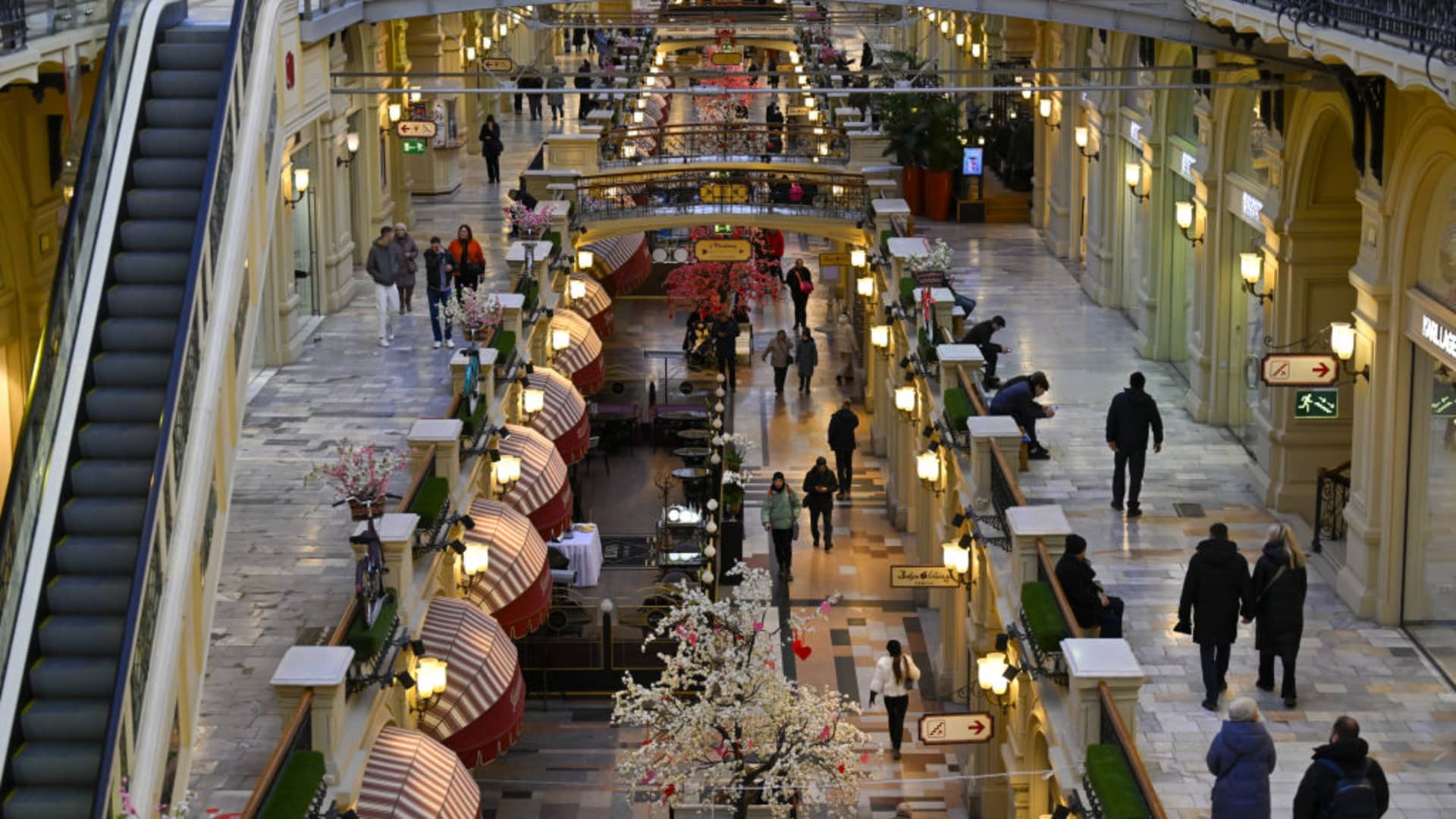The debate this week was short on exposition of policy but so rich in moments revelatory of the styles and characters of the two candidates that I struggled in the wee hours on Wednesday, while writing this week’s Lexington column, with what to leave out. One moment I’ve been thinking about since was when Vice-President Kamala Harris, in a litany about how Donald Trump has “attempted to use race to divide the American people”, referred to how he treated the so-called Central Park Five.
Do you recall the case? In 1989, after a white woman out jogging in Central Park was raped and brutally beaten, five teenaged black and Latino boys, arrested and questioned for hours by police, confessed. The matter drew national attention.
Almost two weeks after the attack, Mr Trump took out full-page advertisements in the four major New York newspapers calling for the reinstatement of the death penalty. Addressing the mayor, Ed Koch, who had urged New Yorkers not to carry “hate and rancour” in their hearts, Mr Trump wrote, “I want to hate these murderers and I always will. I am not looking to psychoanalyse or understand them, I am looking to punish them.” The Central Park Five served years in prison before being exonerated in 2002 by the confession, supported by DNA evidence, of a convicted rapist and murderer.
After Ms Harris raised the incident, Mr Trump gave one of his jumbled rebuttals. The gist viewers might have taken away was that, as he put it, Ms Harris had to “stretch back years, 40, 50 years ago, because there’s nothing now.” Here’s why the story remains relevant: Mr Trump has never recanted, let alone apologised, and he has continued to imply the five men may have been responsible for the attack. He did so once again Tuesday night.“They pled guilty. And I said, well, if they pled guilty they badly hurt a person, killed a person ultimately,” he said. “Then they pled we’re not guilty.” (The victim is alive).
Why can’t Mr Trump acknowledge that the Central Park Five were innocent? Many of the convicted January 6th rioters also pleaded guilty, and though they have not been exonerated Mr Trump calls them patriots and hostages. He has said he himself is the victim of prosecutorial overreach and claimed “a lot of people said that that’s why the black people like me because they have been hurt so badly and discriminated against.” He seems unwilling to return such empathy.
The Harris campaign brought a member of the Central Park Five—Yusef Salaam, now a member of the New York City council—to the debate. In the “spin room” afterwards, he called Mr Trump from a scrum of reporters, identifying himself as a member of the “exonerated five”. “That’s very good,” Mr Trump said, grinning, though possibly not realising whom he was dealing with. “You’re on my side!” Mr Salaam responded, “No, no, I’m not on your side.”
I think this is a particularly egregious case of a politician refusing to admit error because it does exacerbate racial division, and it falsely spreads suspicion of criminality. Mr Trump, of course, is extreme in his refusal to admit any shortcoming, such as losing an election, or even any facts that don’t fit his view of reality, as when he insisted during the debate that the FBI’s crime numbers are fraudulent because they do not show the crime wave he insists is engulfing America. But I should note that Ms Harris also seems resistant to simply saying she got something wrong, or even evolved in her thinking. Why can’t she explain why she changed her mind about fracking? I think voters would actually have more confidence in a politician who would forthrightly say that, confronted with new facts or arguments or experience, their view changed. A society in which people can’t own up to their mistakes—and forgive one another for them—seems doomed to make many more of them than it otherwise would.
Thank you for the wonderful responses to my request for great political ads. I now suspect Australia’s political culture is considerably more creative than America’s, given the suggestions from down under, some of which I had to use Google to decode (eg, “Point Percy at the Parliament”, suggested by Saul Eslake). Roger Karess wrote from Paris to recall a bumper sticker from the Nixon era: “The majority isn’t silent, the government is deaf!” Cheryl Rivers of Stockbridge, Vermont, nominated a more recent example, Rafael Warnock’s puppy ad (not actually his beagle, I discovered while reporting a Lexington about his campaign). I was delighted to be reminded by Thellen Levy of a fictional ad, a sign described in the Raymond Chandler novel “The Lady in the Lake”: “Keep Jim Patton Constable. He is too old to go to work.” ■

 Economics1 week ago
Economics1 week ago
 Economics1 week ago
Economics1 week ago
 Blog Post6 days ago
Blog Post6 days ago
 Accounting1 week ago
Accounting1 week ago
 Personal Finance1 week ago
Personal Finance1 week ago
 Economics7 days ago
Economics7 days ago
 Personal Finance1 week ago
Personal Finance1 week ago
 Accounting1 week ago
Accounting1 week ago










